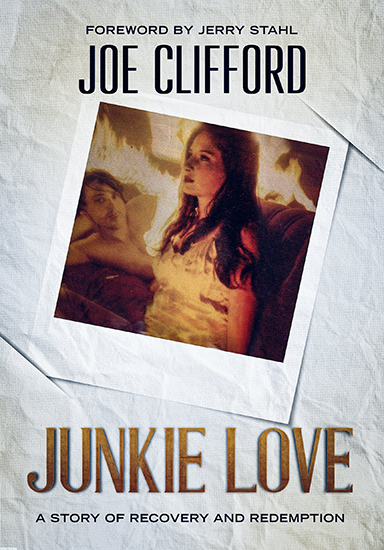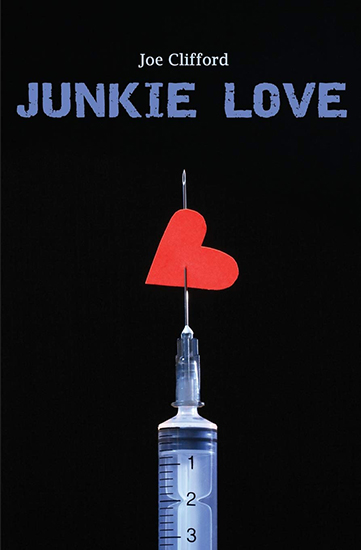Junkie Love
Joe Clifford didn’t start drinking beer until he was almost twenty-one years old. By the time he turned twenty-two, he was addicted to methamphetamine; and the heroin wasn’t far behind. Soon he’d lose his wife, his job, his home.
Junkie Love follows the roughly ten years Clifford spent wandering the streets of San Francisco and beyond, first as a wannabe rock star, and then as another homeless junkie with his head lost in the stars.
In between are the harrowing events and close calls, the shady characters and the enduring friendships, the redemption and restitution that led Fix Magazine to call Junkie Love “one of top four recovery memoirs” of all time.
Praise
“From the first page, everything you experience through Clifford’s graceful yet biting narrative is beautiful and tragic.”
—Ampersand Review
“Joe Clifford’s Junkie Love portrays high-heeled heroin amour, beautiful and vicious, full of front seat hot sex and brutal cop raids, secret rehab gropes and smack-fueled crime sprees. In prose that speeds like a stolen car, Clifford does for opiated romance what Michael Herr did for war and F.X. Toole for prize fights: brings mind-blowing news from hells beyond imagining.”
—Alan Kaufman, author of Jew Boy and The Outlaw Bible of American Literature
“No one writes this good the first time out, do they? Joe Clifford’s Junkie Love is a literary achievement of the first order. Junkie Love is both harrowing and haunting, hypnotic and hilarious. Clifford can flat-out tell a story. He’s savvy, insightful, and fearless. Trust me, here’s a world that’s more vivid, unnerving, and compelling than the one you’re living in, written with the exhilaration and abandon of an improbable survivor.”
—John Dufresne, author of Requiem, Mass
“Joe Clifford reminds us that even in the most punishing circumstances, the human heart doesn’t just struggle or abide, it points the way home. Junkie Love is a savage, funny, ravishing gift of a book, strangely gentle and beautifully strange. Like Jimmy Santiago Baca’s A Place to Stand, it reveals that man in extremis is the man in the mirror, and that our own humanity resides precisely in the willingness to see the irreparable fault lines in our own souls, to witness despite the impenetrable darkness: to love.”
—David Corbett, author of Blood of Paradise and Do They Know I’m Running?



